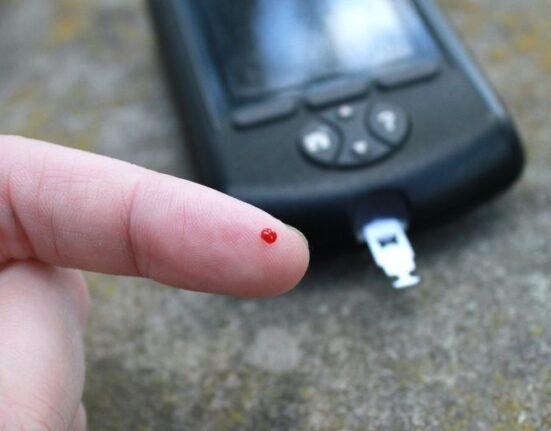HQ Team
September 29, 2022: A recent trial conducted a Harvard Medical School team found bionic pancreas to be more effective in delivering the required dose of insulin to people with Type 1 diabetes than pumps or injections.
An automated insulin delivery system from Beta Bionics called an iLet monitors a person’s blood glucose levels around the clock and automatically delivers insulin when needed through a tiny cannula inserted into the body.
The trial findings, published in the New England Journal of Medicine, have been submitted to the FDA for approval. Bionic pancreas tests were previously carried out in 2010 by a team from Boston University and Massachusetts General Hospital. The recent trial findings are the most comprehensive study done so far.
Bionics pancreas, also known as ‘artificial pancreas’, algorithmically determines required insulin doses through sensors delivered continuously through a pump. But these are not automatic, and users have to input the carbohydrate counts of their meals so that the system can deliver the correct dose of medication.
Beta Bionics’ iLet needs no carb calculations; instead, users input whether an upcoming meal has more, less, or the same number of carbs than standard and adaptive algorithms are used to deliver the required doses of insulin. “Then the system learns what they mean by that, how much insulin they need, and it will automatically give a portion of that insulin upfront in response to that announcement,” said Massachusetts General Hospital’s Steven Russell, who co-developed the system before it was licensed to Beta Bionics.
In the trial, 219 people with type 1 diabetes used the iLet bionic pancreas device for 13 weeks. The team compared their blood sugar levels with those of 107 diabetic people who used other insulin delivery methods, including injection and insulin pumps, for the same time. The iLet using group’s blood glucose dropped from 7.9% to 7.3%, while participants receiving standard care remained steady at 7.7%.
The technology does not majorly exceed the existing delivery systems but is a step nearer to automation. The device’s creators hope that the iLet will eventually complement existing systems from Medtronic, Insulet, and Tandem Diabetes, which are currently used by roughly 20% of people with type 1 diabetes.
If approved, the iLet would be the only system that determines every dose of insulin algorithmically. “That’s very, very different than all those other systems,” said Russell, who directed the iLet pivotal trial. “And the hope is that it will make it possible for it to be used by a broader swath of the population with type 1 diabetes.”
iLet, on the other hand, uses the patient’s weight alone to calculate the initial insulin settings, which might make its adoption easier.
The new bionic device is still far from making the process fully automated. An insulin delivery system that closes the loop between blood glucose readings and insulin delivery with no input from the user at all is still eagerly awaited by patients and physicians.
Caution: The iLet® Bionic Pancreas is an investigational device limited by Federal (or United States) law to investigational use. Not available for sale.







